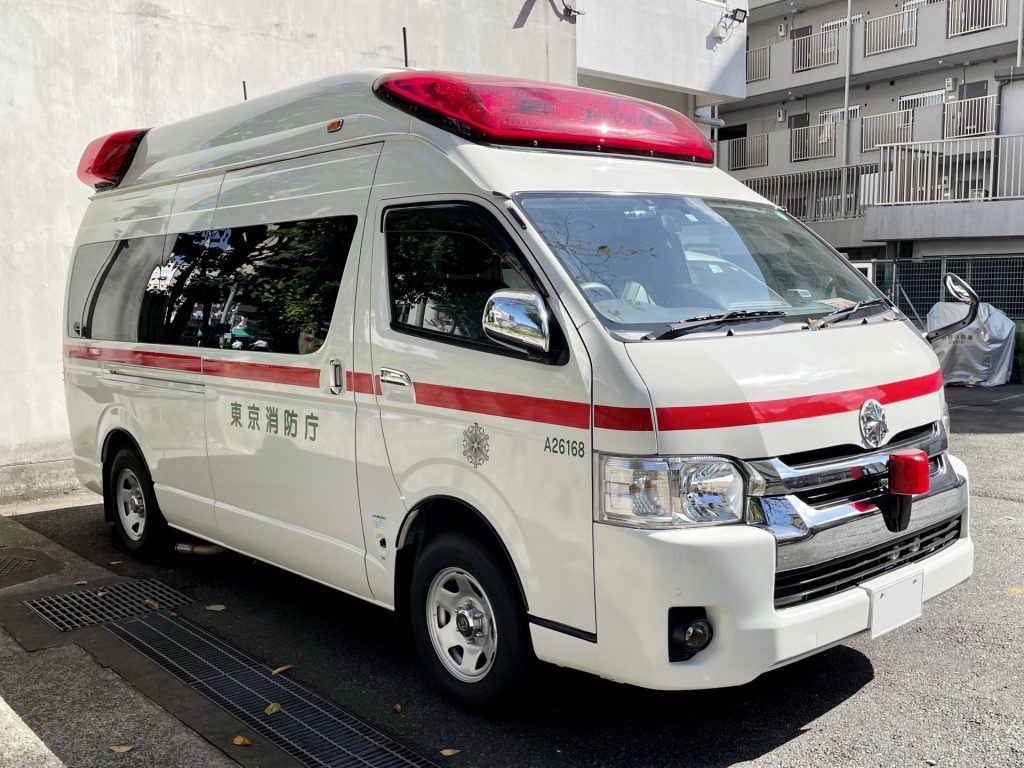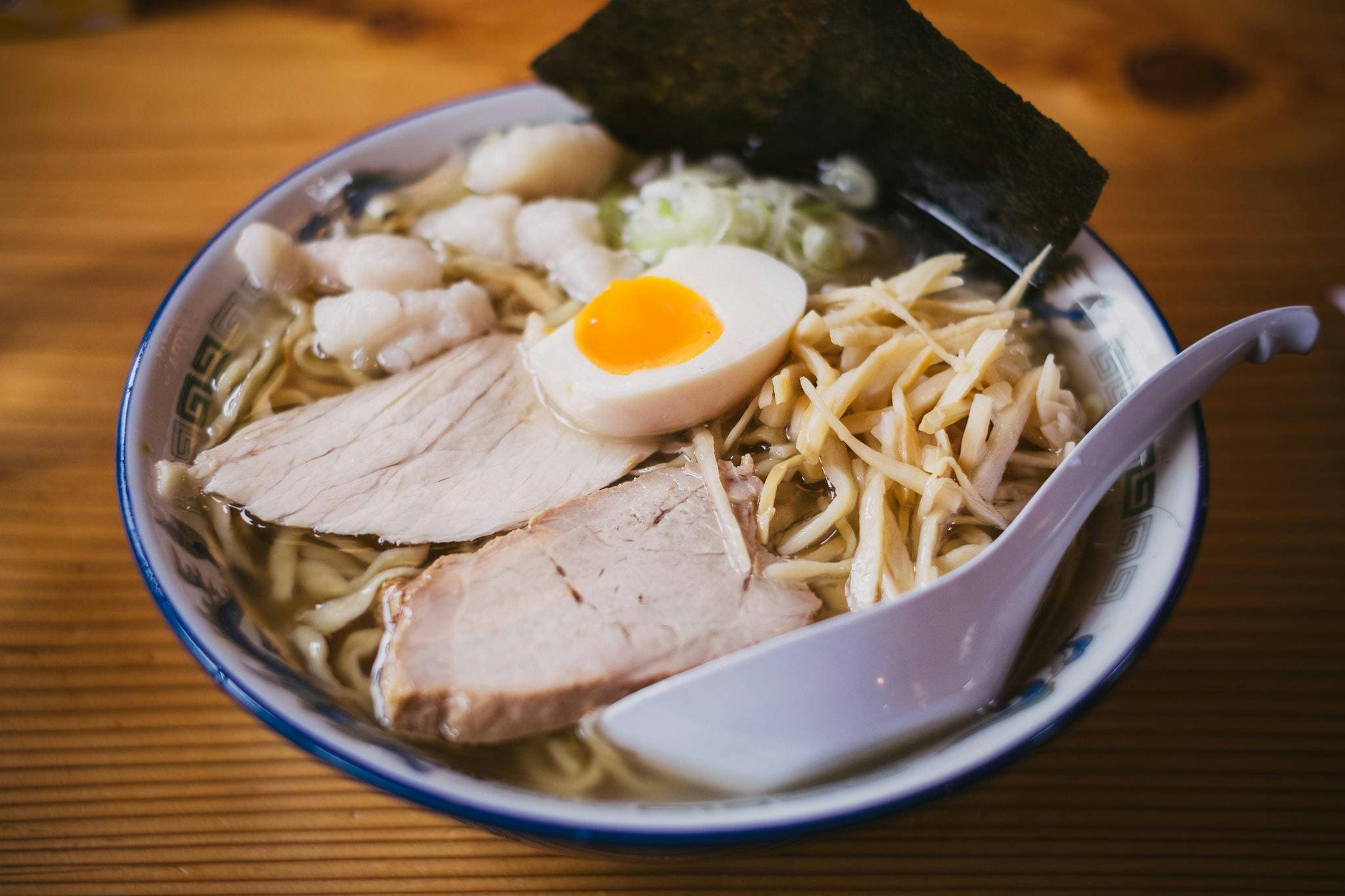Traveling in Japan is generally safe, but knowing how to call for help in an emergency can make a crucial difference. Whether you face an accident, health issue, or any troubling situation, having the right phrases ready can offer peace of mind.
In this guide, you’ll learn how to say “Help!” in Japanese and other essential emergency phrases. Clear, polite communication — even if limited — will encourage locals to assist you quickly and effectively.
Let’s get prepared!
How to Say “Help!” in Japanese
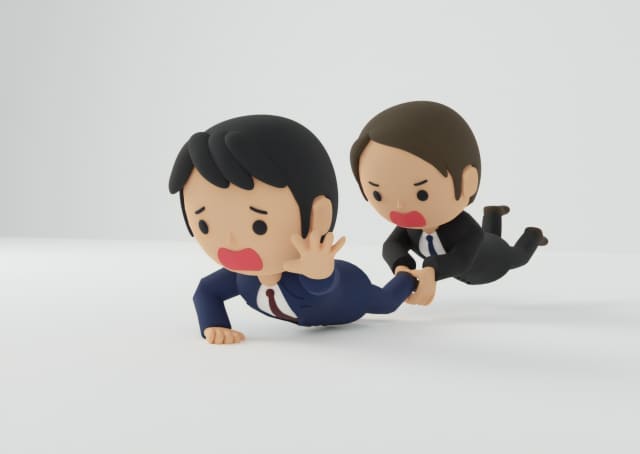
1. 助けて! (Tasukete!) – “Help!”
Tasukete! is the most straightforward and urgent way to scream or shout “Help!” This phrase is universally understood and will immediately alert those around you.
Usage:
- Shout or say loudly if you need immediate assistance.
- Effective in emergencies like accidents, theft, or assault.
Pronunciation Tip:
- Tah-skeh-teh!
2. 誰か! (Dareka!) – “Someone!”
Dareka! is used to call out for someone nearby to help.
Usage:
- Often combined with “Tasukete!”
- Example: “Dareka! Tasukete!”
Pronunciation Tip:
- Dah-reh-kah!
3. 大丈夫ですか? (Daijoubu desu ka?) – “Are you okay?”
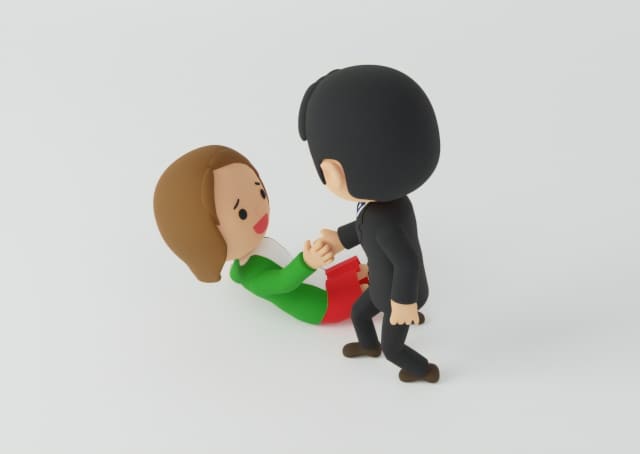
You might hear this phrase if someone else notices you are in trouble.
Response if you need help:
- だめです (Dame desu) — “No, I’m not okay.”
Tip:
- Nod or wave your hand to signal if you cannot speak.
Other Useful Emergency Phrases
4. 気分が悪いです (Kibun ga warui desu) – “I feel sick.”
Usage:
- Dizziness, nausea, weakness.
5. 医者を呼んで下さい (Isha o yonde kudasai) – “Please call a doctor.”
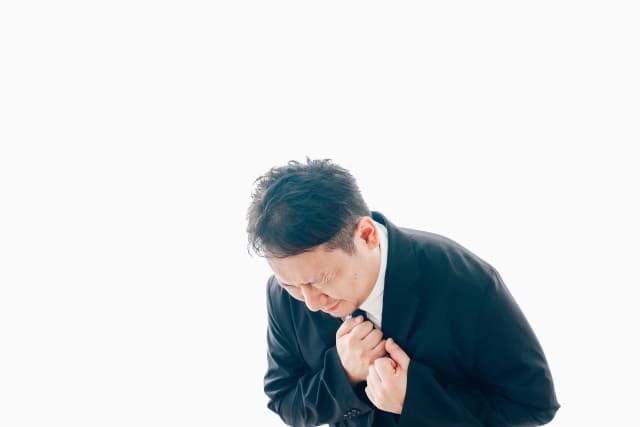
Usage:
- Serious health situations.
6. 教えてください! (Oshiete kudasai!) – “Please tell me!”
Usage:
- Asking for directions, procedures, or assistance.
7. 警察を呼んで下さい (Keisatsu o yonde kudasai) – “Please call the police.”
Usage:
- Reporting crimes, theft, or suspicious behavior.
8. 急いでください! (Isoide kudasai!) – “Please hurry!”
Usage:
- When urgent assistance is needed.
9. 歩けません (Arukemasen) – “I can’t walk.”
Usage:
- Injuries, exhaustion, or dizziness.
10. 失れました (Mayoimashita) – “I’m lost.”
Usage:
- If disoriented or separated from your group.
Additional Phrases for Specific Emergencies
For Theft
- 盗難にあいました (Tounan ni aimashita) — “I have been robbed.”
For Fire
- 火事です! (Kaji desu!) — “Fire!”
For Natural Disasters
- 地震 (Jishin) — Earthquake
- 津泊 (Tsunami) — Tsunami
- 安全な場所はどこですか? (Anzen na basho wa doko desu ka?) — “Where is a safe place?”
Emergency Numbers in Japan
| Service | Number | Language Support |
|---|---|---|
| Police | 110 | Basic English Available |
| Ambulance / Fire | 119 | Basic English Available |
Tip:
- Dial directly without area codes.
- Stay calm and speak slowly.
How to Make an Emergency Call in Japan
Calling the Police (110)
- Dial 110.
- Say “Eigo onegai shimasu” (英語お願いします) if you need English.
- Clearly state:
- What happened (e.g., “Tounan desu” – “It’s a theft.”)
- Your location.
Calling Ambulance/Fire (119)
- Dial 119.
- Specify “Kyukyusha” (ambulance) or “Kaji” (fire).
- State your emergency and location.
Note:
- Having your hotel’s address on hand is extremely useful.
Basic Location Phrases
- Here — ここ (Koko)
- Station — 駅 (Eki)
- Police Station — 警官置所 (Koban)
- Hospital — 病院 (Byouin)
- Hotel — ホテル (Hoteru)
Essential Kanji for Emergencies
- 急急 (「Kyūkyū」) — Emergency
- 警察 (「Keisatsu」) — Police
- 医院 (「Byouin」) — Hospital
- 電話 (「Denwa」) — Telephone
- 移動 (「Idou」) — Evacuation
Preparing Before You Travel
- Download offline translation apps.
- Save emergency numbers in your phone.
- Carry your embassy contact details.
- Write down allergies or medical conditions in Japanese.
Quick Scenario Guide
| Situation | Phrase | Action |
|---|---|---|
| Injury | Kibun ga warui desu | Ask for ambulance (119) |
| Lost passport | Pasupooto o nakushimashita | Report to police station (Koban) |
| Witness accident | Koutsuu jiko ga arimashita | Call police (110) |
| Fire | Kaji desu! | Call fire department (119) |
Emergency Vocabulary List
| English | Japanese | Pronunciation |
|---|---|---|
| Help! | 助けて! | Tasukete! |
| Police | 警察 | Keisatsu |
| Ambulance | 急急車 | Kyūkyūsha |
| Hospital | 医院 | Byouin |
| Fire | 火事 | Kaji |
| Lost | 失れました | Mayoimashita |
FAQ
Will people understand if I just say “Help!” in English?
Maybe, but saying “Tasukete!” in Japanese is more effective and urgent.
Are emergency services in Japan fast?
Yes. Response times in urban areas are excellent.
Should I scream “Tasukete!” if I feel unsafe?
Absolutely. Public reaction is usually very supportive.
What should I do after calling 110 or 119?
Stay on the line and follow instructions until help arrives.
Are there apps for emergencies?
Yes! Apps like Safety Tips (by JNTO) offer emergency alerts and phrases in multiple languages.
Conclusion
While Japan is one of the safest countries in the world, emergencies can happen anywhere. Being able to shout “Tasukete!”, ask for a doctor, or call the police could make all the difference.
Even a little preparedness empowers you to travel with more confidence and peace of mind. So learn these phrases, stay aware, and enjoy your journey knowing you’re ready for anything!
Safe travels and stay prepared!












